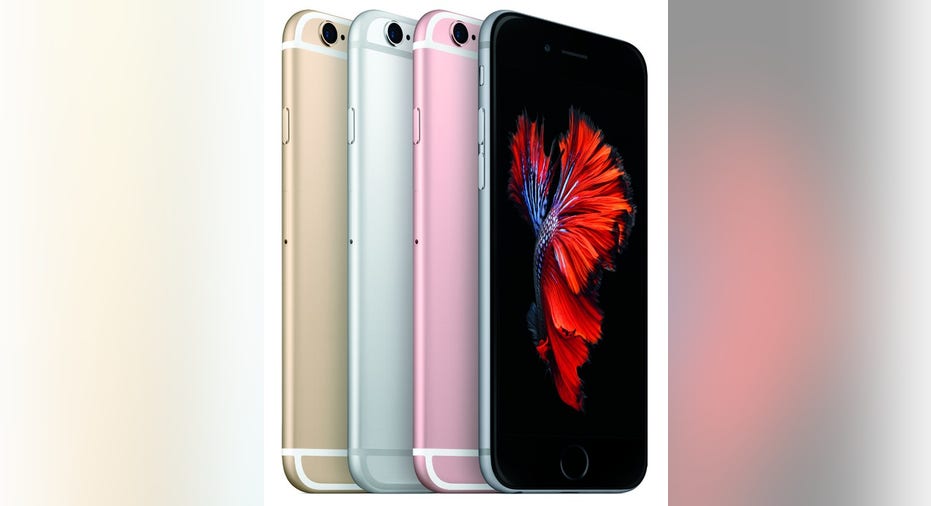Apple May Have a New Way to Protect Your Smartphone

There was a time when losing your cell phone meant racing to have your provider turn it off before whoever stole (or found) it ran up a big bill by making calls on your plan.
That scenario largely went away when limited minutes stopped being a thing, but wireless phone makers still wanted to be able to protect phone owners when a device fell into the wrong hands. Many of them have done that by adding "kill switches," the ability to remotely turn off a lost or stolen phone.
The addition of that technology serves as a major deterrent to theft. A thief has little use for a phone that gets bricked by its manufacturer or service provider. As kill switches become more common -- and laws mandating them have begun to pop up -- phone theft may become a thing of the past.
Apple (NASDAQ: AAPL), however, wants to take things a step further. Instead of merely rendering a stolen iPhone or iPad useless, the company wants to catch the person who stole it. To make that happen, Apple has filed a patent forBiometric Capture for Unauthorized User Identification technology, which would use an iPhone's or iPad's Touch ID module, camera, and other sensors to store an unauthorized user's information.
Basically, Apple wants to do the high-tech version of using a video call to get a look at the person who stole your phone, which carries the threat of them being caught.
Apple has filed for a patent for a new security feature. Image source: Apple.
What is Apple doing?
Your iPhone and iPad both have the needed sensors and cameras to record information that could help catch thieves. Now, the company wants to use that technology to make that happen. Apple laid out how that would work in the patent application, which detailed that, first, an event would have to happen to trigger the recording:
The company explained how it would use the technology embedded in its devices to help catch whoever stole it:
It's a simple (though perhaps technically complicated) idea that could end iPhone theft. It's one thing to swipe a device that might end up useless. It's another thing entirely to steal something that could get you caught.
What happens next?
A patent application does not mean that Apple will ever actually implement this technology. That said, this type of feature simply makes too much sense for the company to not pursue it. iPhones and iPads that can foil their own theft may tip some consumers toward those devices. This is a natural security evolution that could give Apple customers added peace of mind and that should lead to more sales and maybe even an increased willingness to pay up for the latest model.
A secret billion-dollar stock opportunity The world's biggest tech company forgot to show you something, but a few Wall Street analysts and the Fool didn't miss a beat: There's a small company that's powering their brand-new gadgets and the coming revolution in technology. And we think its stock price has nearly unlimited room to run for early in-the-know investors! To be one of them, just click here.
Daniel Kline owns shares of Apple. He has never had his smartphone stolen, but has lost a few. The Motley Fool owns shares of and recommends Apple. The Motley Fool has the following options: long January 2018 $90 calls on Apple and short January 2018 $95 calls on Apple. Try any of our Foolish newsletter services free for 30 days. We Fools may not all hold the same opinions, but we all believe that considering a diverse range of insights makes us better investors. The Motley Fool has a disclosure policy.



















